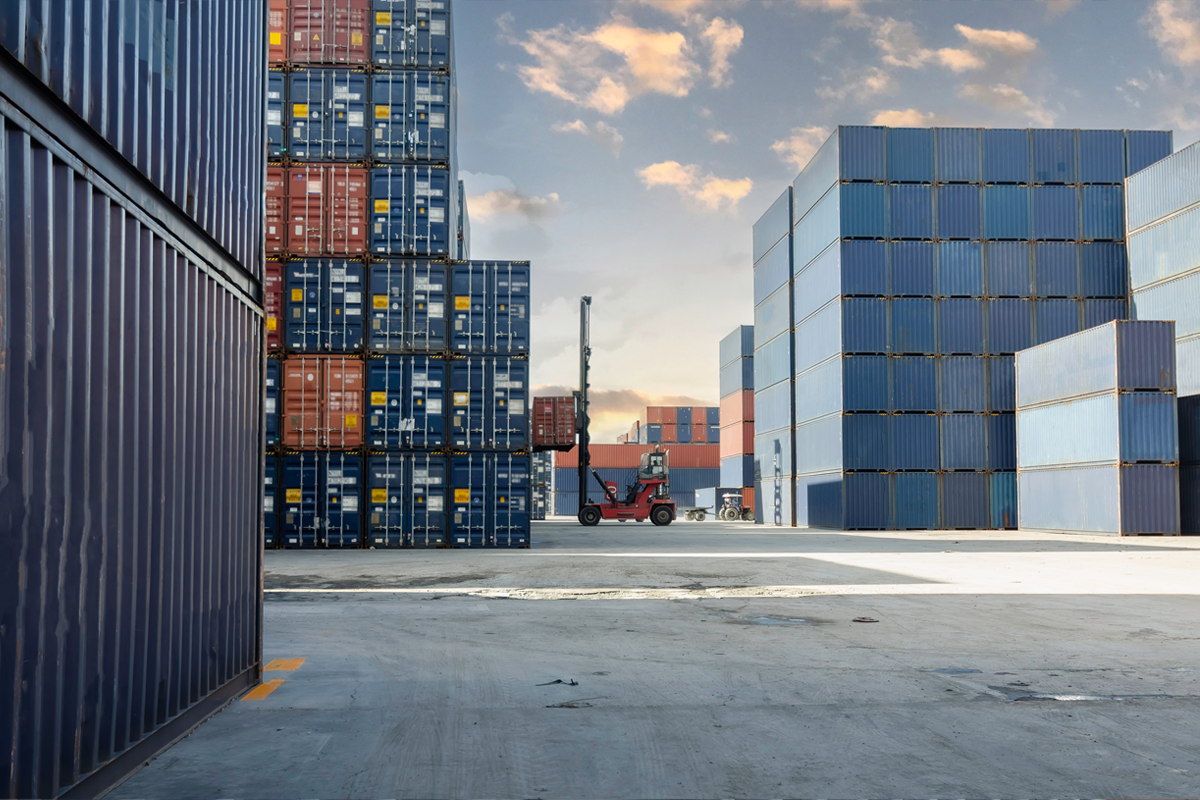Explore the strategies and partnerships that empower companies in Coyol Free Zone to overcome disruptions and build stronger, future-ready supply chains
May 21st, 2025. It is vital to maintain resilient supply chains that enable companies to cope with global disruptions, adapt quickly to changes in demand, market conditions or any other unforeseen events.
Supply chain resilience is the ability to respond quickly to operational disruptions through proper contingency planning and forecasting: from material sourcing to logistics and final delivery of products and services.
Companies must be ready for any situation that could impact their supply chains. To achieve this, it is essential to collaborate with suppliers, plan for contingencies, maintain open and fluid communication among all stakeholders in the chain, and provide training for employees.
This is why it is so important to have a solid operational ecosystem to face this kind of disruption, such as the one provided by a world-class industrial park like Coyol Free Zone.
How to be resilient in a changing global economic landscape?
Good supply chain management helps to avoid operational disruptions, reduce costs, improve customer satisfaction and increase the ability to adapt to change.
In this regard, the ability of each participant in the supply chain to respond with agility to change is crucial. “Companies that successfully overcame recent global challenges demonstrated key capabilities such as integrated planning, flexible logistics, e-commerce momentum and agility in action,” as Juan Cartier, vice president and head of Digital Supply Chain and Manufacturing Solutions at SAP Latin America and the Caribbean, recently expressed in an article on the German multinational’s website.
Resilient supply chains stand out by several components that guarantee their correct operation:
Optimized production: Through supply chain planning, supply and demand needs are better understood and production is aligned. This connected and forward-looking approach helps companies better anticipate problems, limit the impact of supply chain disruptions, and improve overall operations.
Maximized use of data: Artificial Intelligence (AI) and Machine Learning are allies to businesses in interpreting and analyzing large amounts of data. AI systems can curate disparate data sets from across the business and around the world, in order to spot trends and opportunities; for example: news, competitor activity, sales reports, and even customer feedback can be analyzed together.
Diversified suppliers: Resilient supply chains work by diversifying suppliers and manufacturing partners. Retaining multiple supply locations should be viewed as a smart investment, given how changeable today’s business landscape can be.
Use of advanced technology: Resilient supply chain technologies, such as blockchain, sensors, and advanced analytics, enable supply chain managers to monitor complex supplier partnerships and contracts, even in the most distant regions of their network.
Flexible capacity and inventory reserves: Supply chain profitability has long depended on minimizing surpluses and keeping inventories as lean as possible. Today, companies must refocus their investment priorities on solutions to build resilience.
An on-site supplier ecosystem with many advantages
Coyol Free Zone is home to local businesses that function as suppliers of diverse services and products for global companies with multiple needs.
These connections or linkages have a direct impact on competitiveness and productivity, based on innovation, which are fundamental pillars for business growth, competition, the creation of quality employment, and access to new markets.
Suppliers meet rigorous international standards and are indispensable for the optimal functioning of the supply chain within the Park. It is vital for the installed companies that this chain goes through effective mechanisms and controls to ensure the best final product for customers.
For instance, suppliers are constantly evaluated and undergo a continuous improvement process that allows them to maintain high quality standards. In Coyol Free Zone we promote this improvement through “Coyol Impulsa”, a program that rewards those national companies that have managed to integrate into the value chains of multinational companies.
Coyol Impulsa aims to highlight Costa Rican companies that stand out for their value proposition and for having understood the requirements of multinational companies in aspects such as quality, delivery times, performance indicators, certifications and sustainability. A total of 39 companies participated in the last edition of this program, celebrated in 2024.
In addition, our Strategic Sustainability Plan includes the management of a Supplier Directory, that currently includes more than 100 domestic suppliers and was developed in collaboration with the Foreign Trade Promoter of Costa Rica (Procomer). This program evaluates suppliers of a wide range of products and services that seek to establish commercial relationships with companies located in Coyol Free Zone.

